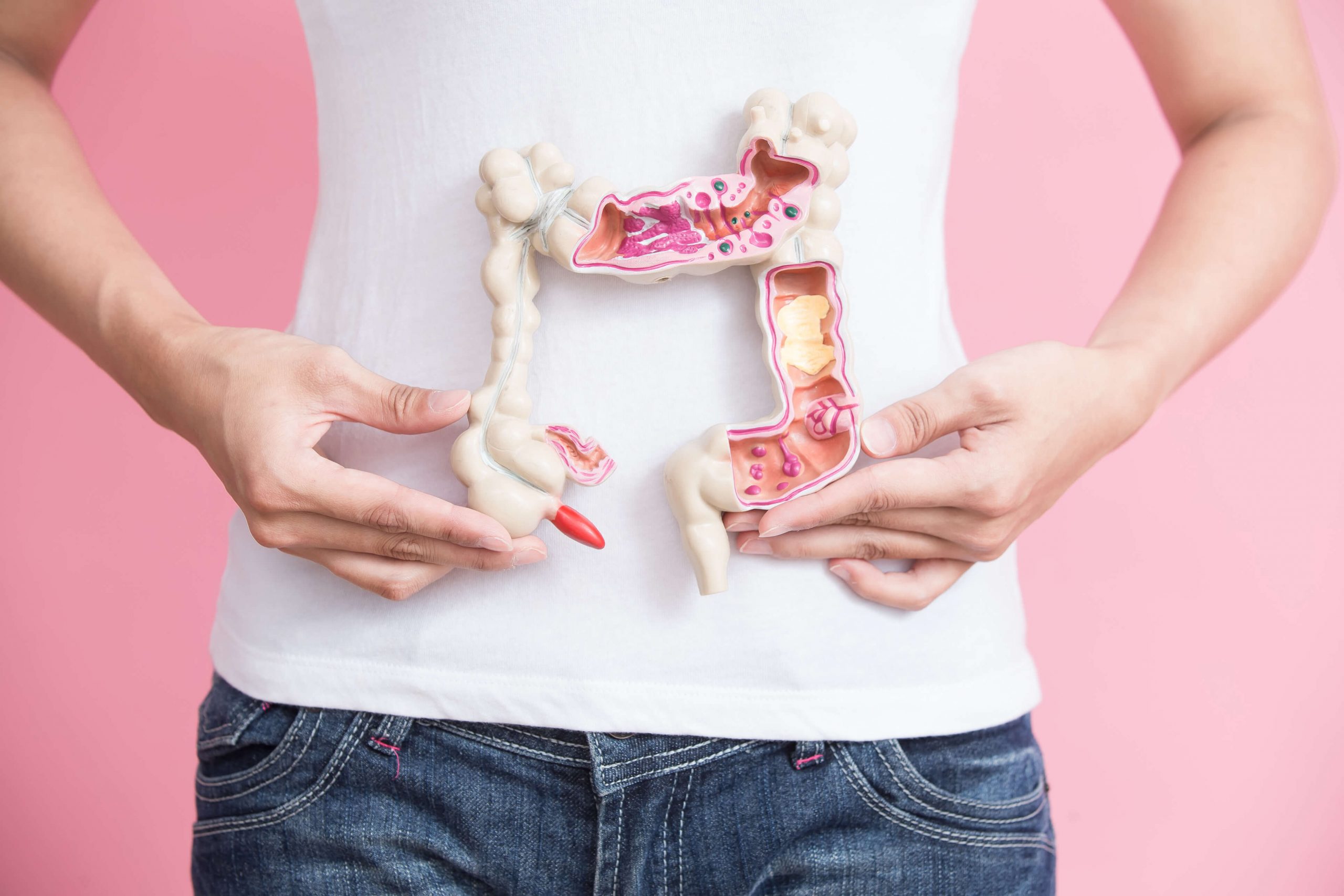


Medically reviewed by Dr. Sim Hsien Lin, Consultant General Surgeon (Colorectal Surgery)

The colon is at the final portion of the digestive tract. Colorectal cancer is the second-most commonly diagnosed cancer among women after breast cancer. In Singapore, approximately one in seven women diagnosed with cancer between 2011 and 2015 had colorectal cancer.
Even though colon cancer can happen at any age, it commonly affects women in older age groups.
Colon cancer originates from polyps forming inside of the colon. Polyps are small, noncancerous (benign) growths that can become cancerous (malignant) over time.
Colon cancer is generally asymptomatic in its early stages. When the symptoms start to show up, chances of treatment is dependent on the local extent and stage of the cancer.
The symptoms of colon cancer include:
It is common for women to confuse symptoms of colon cancer with that of their menstrual cycle, as symptoms such as feeling weak and tired may be similar.
Oftentimes, abdominal discomforts are mistaken for menstrual cramps. Thus, you should speak to your doctor if your lethargy is persistent and not in line with your menstrual cycle. If the symptoms feel different from what you regularly experience during your menstrual cycle, it is advisable to seek medical advice from a colorectal surgeon.
There are many lifestyle factors associated with colon cancer. However, risk factors do not necessarily mean that you will or will not get cancer. There are cases whereby people get cancer with no known factors. Some of the risks associated with colon cancer include:
Diagnosis of the individual can be conducted through colonoscopy. If any abnormalities are observed, the tissue sample of the tumour will be removed by a biopsy and sent for laboratory analysis.
Should there be cancer cells present, your doctor will conduct further tests to determine the cancer stage. There are a few stages of colon cancer.
Colon cancer is one of the most preventable and curable cancers if you go for health screening regularly. During early diagnosis, the cancer cells are still confined to the large intestine and are highly treatable. Removing precancerous cells will reduce your chances of developing advanced stages of colon cancer.
Treatment is most effective at the early stages, and the survival rates for females are approximately 90% when treated early.




Dr. Sim Hsien Lin is a specialist colorectal surgeon in Singapore with over 10 years of experience in colorectal surgery. Her sub interests include laparoscopic colorectal surgery, transanal endoscopic microsurgery (TEMS), surgical management of piles, inflammatory bowel diseases and complex anal fistulas.
Read Full BioCome visit our clinic, which are equipped with modern and updated equipment, and a team that will take care of all your needs.
Dr. Sim became a Fellow of the Royal College of Surgeons (Edinburgh) in 2011, winning the Gold Medal award at the FRCS Exit Examination that year.
Dr. Sim firmly believes that transdisciplinary care is the key to supporting both the elderly and complex patients through their perioperative and recovery journey.
Dr. Sim firmly believes that transdisciplinary care is the key to supporting both the elderly and complex patients through their perioperative and recovery journey.
Book An AppointmentPlease fill up this form and we’ll get back to you shortly!

For quicker response, call us at+65 6261 9227

Chat with our friendly clinic staff through WhatsApp!